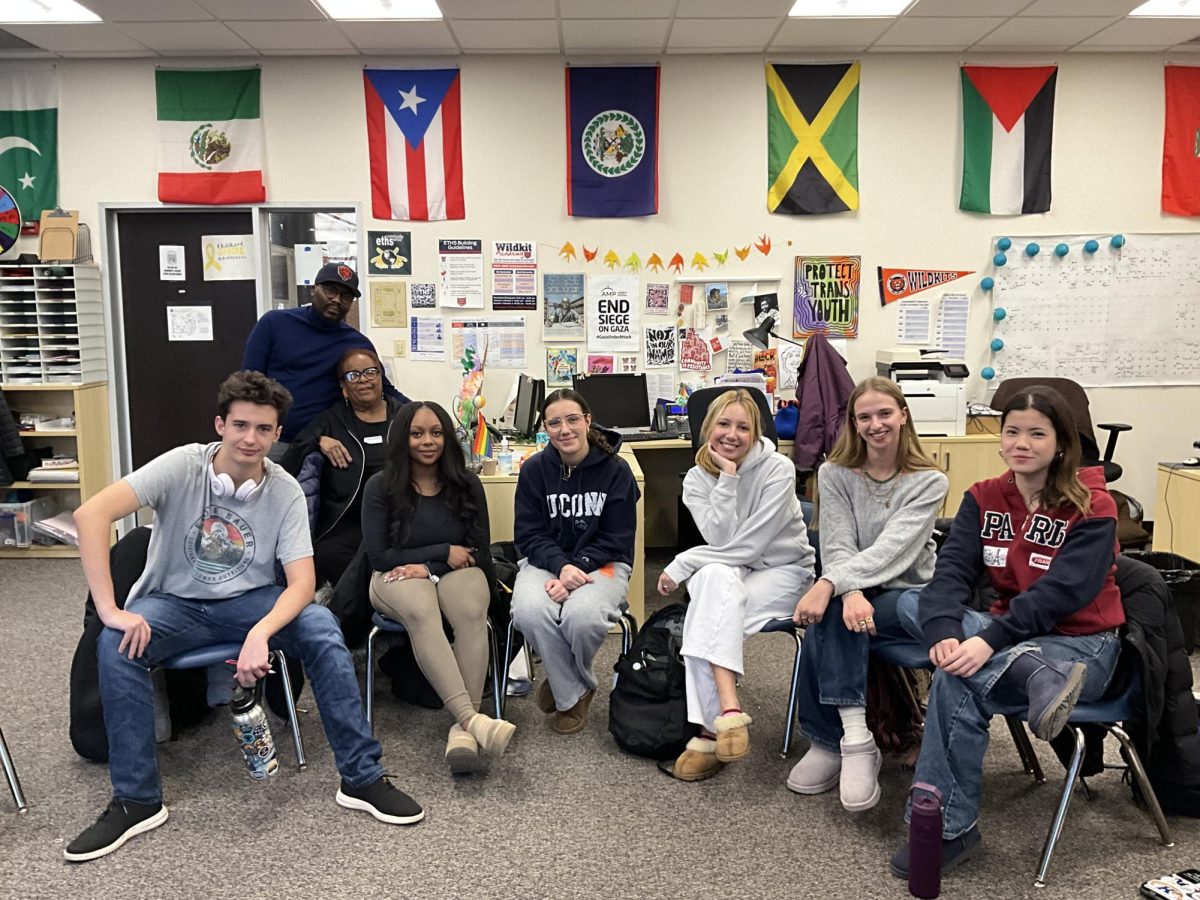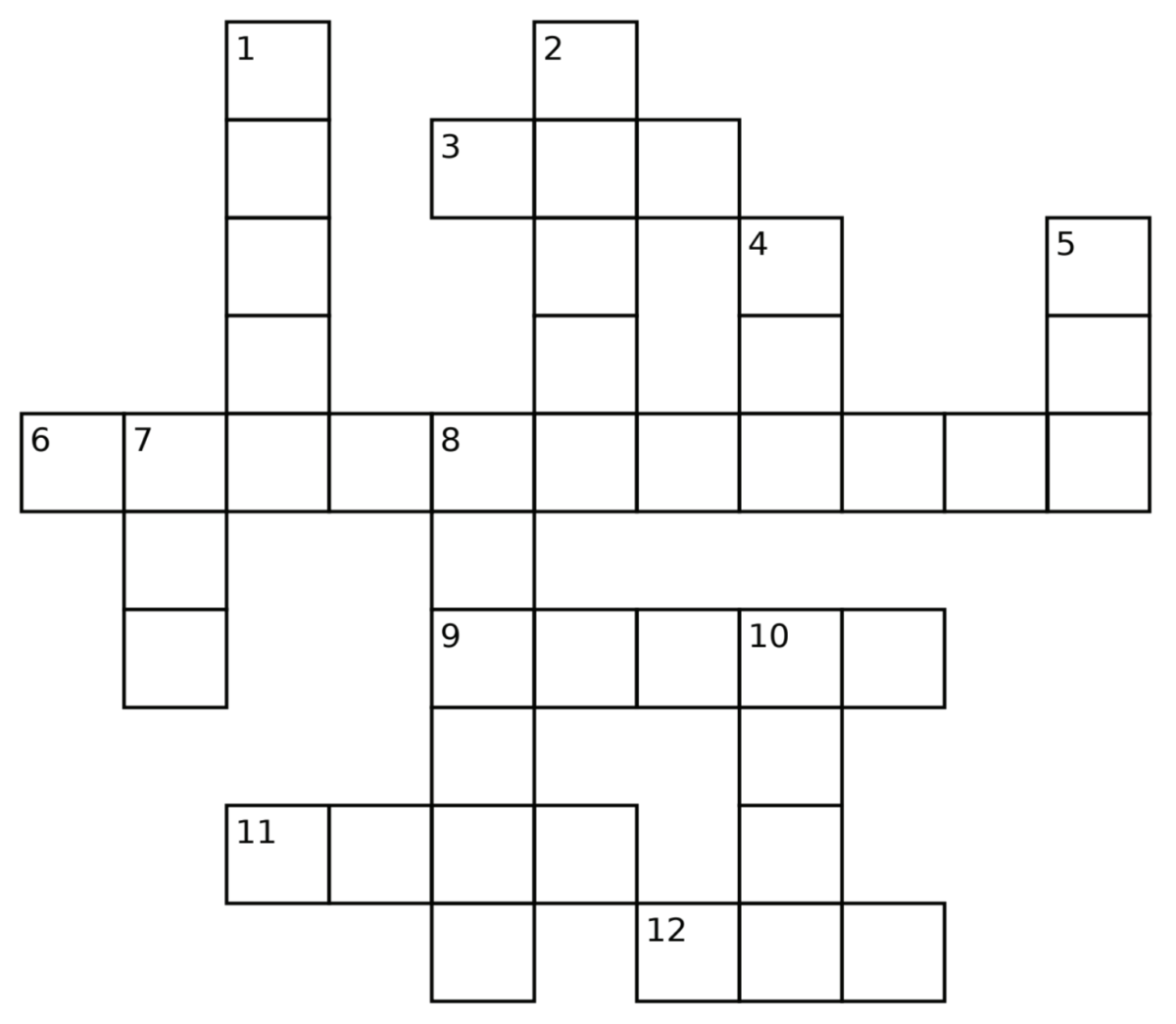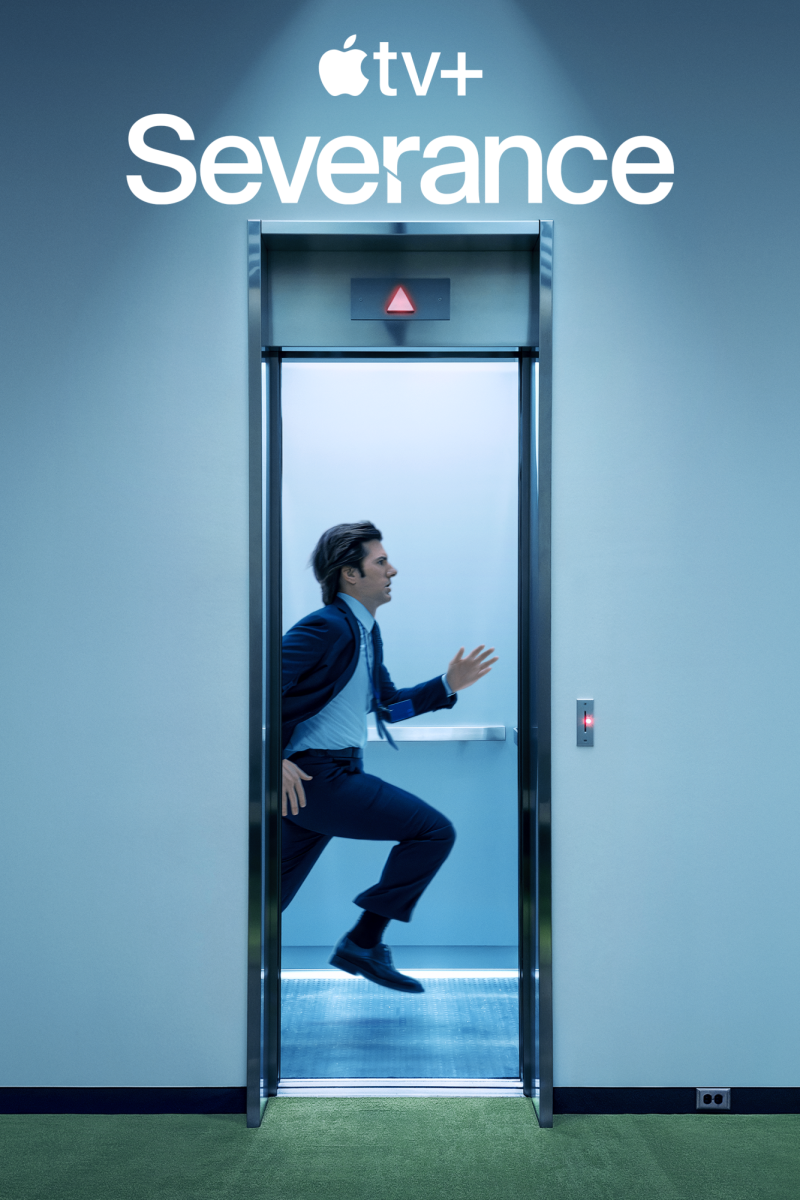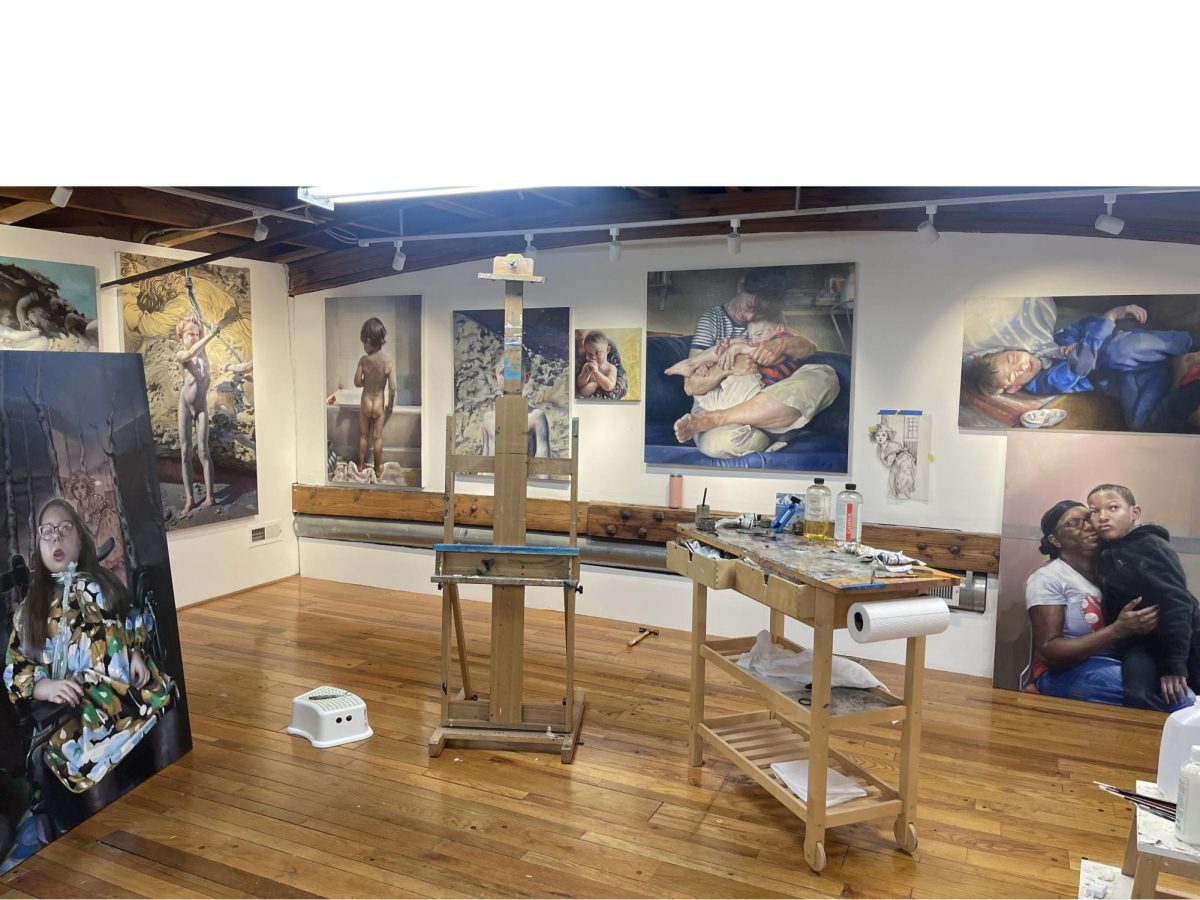The Restorative Justice Club has been a club here at ETHS for over three years. The club is full of many diverse students who aim to advocate for just methods and ideas on how to help those who have been harmed criminally, while still holding the offenders accountable.
The club started through the Emerge Leadership Development Program at ETHS until it joined partnership with the Moran Center. The two are now partnering with other activities, holding discussions, (victim/offender) conferences, restorative justice circles, and more.
The RJC has circle meetings and discussions about race, identity, different safe spaces and communities both at ETHS and the center. Over at Moran, they lead with training circles or facilitating circles. They discuss topics about community, what it feels like to belong and be safe, who you need around you to feel safe, how to understand your own safety and what it means to you.
The Moran center helps with making connections, giving guidance and being an advocate for the whole Evanston community. They help adopt restorative attributes as a city, while being supportive and truly following through with the vision of the ETHS students. After school in the hub, January 14th, the RJC held their first informational circle with ETHS student members and staff from the Moran center. Moran staff members were there at hand, assisting the students during the circle as they presented what restorative justice is.
After the club’s partnership with the center began, RJC and the Moran Center became more student-led and started doing lots of individual work! The club built into a core group of 6-10 students partaking in a number of group discussions around the community, wanting to explore restorative philosophy, practices, and efforts!
Dozens of students started to show up for these exercises more regularly throughout the years. This continued further as dozens soon turned into hundreds of students. The club started shifting their meetings to a structured time to make a better schedule for the students. Moving their meetings to both period lunches with moran staff, ETHS students and 6-10 core leaders there to teach what restorative justice is.
Students were getting a sense of an incredible need of being heard, listening for understanding and not just to respond. Student voices impact more of a restorative culture as they advocate more on how to both create and manage a better criminal justice system.
The group is tremendously commending for other people to understand that the restorative perspective is not “you broke the rule [so] you have to be punished but, [that] we are here with you but we are holding you accountable because you are equally responsible for the harm you cause as well,” – Moran Center Restorative Justice Manager Pamela Cytrynbaum.
Currently, the RJC’s main goal is to work with Oakton Elementary students. The club was contacted by the Principal of Oakton elementary school to do some restorative justice leader training. The club is doing circles with Oakton, talking about basic entry level restorative conversations on race and identity so they can start thinking about who they’re going to grow up to be. The club has also geared up informational meetings for anyone, including underclassmen to join.
The Restorative Justice Club is currently working with the Equity Department looking at the different models on what Restorative Justice can be.






